Put a physicist and an engineer together and what do you get? A brewery. Obviously. Cassi Camilleri sits down with Jean Bickle and Miguel Camilleri to talk about entrepreneurship, beer, and how variety really is the spice of life.
As you read this, a warehouse in a Qrendi quarry is bustling, undergoing hefty conversions as it morphs into a dream brewery. Water and electricity supply is solid, the walls have a fresh lap of white and the steel housings are in place. Now, the countdown begins until the tanks are set up. But they’re used to it. This waiting business.
The Huskie Craft Beer company was but a twinkle in their eye when Jean Bickle and Miguel Camilleri first met as workmates during a stint in Leeds, which is where they discovered a thriving craft beer scene.
‘We were part of a club at the Wharf Chambers,’ Bickle remembers. ‘It’s what we did after work. We played table soccer and tried beers.’ Learning about the process, the recipes, and the different flavours that are possible to incorporate in a beer, planted a seed in them both. ‘Eventually, when we came back home, we wanted to give brewing a shot ourselves,’ Bickle adds. And so they did.
Getting the basics down
Their first investment was in education. ‘We spent quite a bit on books and materials to learn how to brew,’ Jean says. They had the ingredients down—water, malt, yeast, and hops. Hops being the flowers of the hop plant which are used as a bittering, flavouring, and stability agent in beer. They understood the role temperature played and gained plenty of experience with identifying flavours through taste tests. Beyond this, however, they also needed to be familiar with how these ingredients interact with one another and the techniques involved in creating a beer.
They were more careful with their purse strings when building their first set up in early 2017. ‘We could have very easily gone online and found these home brewing kits. But you have to spend a lot of money to get those. And this was all coming from our own pockets. So, with Miguel being an engineer, we just bought stainless steel tanks and sheets, shaped them, and welded the parts together. We even built the control panel and electronics ourselves. Everything was done from scratch.’


This is not to say that it was all smooth sailing. ‘Sometimes you get ahead of yourself. You start rushing in your eagerness to try out new things. Which is fine. But sometimes you have to take a step back and go back to basics. We keep each other in check,’ Jean notes, smiling. ‘We both come up with radical ideas on how to approach the task at hand, but you can’t do everything at once, otherwise you get careless.’
‘You’ve also got to be adaptable and not follow others’ rules to the dot. Malta’s ambient conditions and accessible raw materials make brewing harder than in many other countries. With the right technique though, it’s definitely possible,’ Miguel points out.
Creative thinking meets business
Initially, it was all about making beer. ‘Our focus was that the quality of the process should be done to a certain standard,’ Jean says, but the creative element soon started becoming a priority. ‘Now we have shifted to the actual product being top quality. You have loads of recipes online if you want to find them, but we wanted to create our own.’
From a business standpoint, finding what makes you unique is an essential part of building a company. What is the value you are bringing to your client base that others are not?
Huskie’s approach harkens back to the reason the boys started the company. They loved beers and wanted to continuously try new ones. When they had the brewing process perfected, it was time to start being experimental.
‘We started thinking about creating recipes we hadn’t seen before, with flavours we hadn’t seen anyone use before. We made beers using Maltese strawberries for example, and we also produced a range of beers inspired by the flavours of the traditional qagħaq ta’ l-għasel (honeyring).’ Of course this isn’t as simple as adding some extra water to a cake mix.
‘Experimentation brings about its own set of challenges. Some ingredients have their own sugars, so including them in the beer recipe drives the yeast crazy.’ And when Jean says crazy, he means it. ‘If we don’t get everything right, the pressure in the bottle can build up and they literally explode. We’ve had this happen a few times,’ Jean admits. ‘We call them molotovs,’ Miguel grins.

But even with the added cleaning time, all’s well that ends well. This curiosity has given Huskie a very niche service they can provide to clients. ‘We can create beers exclusive to our clients. If someone comes along and tells me I like cinnamon or whatever, we can create something specifically for them.’
Coming up with each new recipe involves another process of trial and error, tinkering, and perfecting. ‘When we come up with a new recipe, we usually come up with three different versions and we taste each different beer on the same day. We write down notes, we compare, and if there is some kind of consensus, we move onto that.’ Now, Jean and Miguel have a spreadsheet with all the beers they produce, each marked with a rank. So far, over the course of two years, they’ve already finalised 11 beer recipes and released four to the market!
No to mass markets
The culture behind craft beer is one that is very close to Jean and Miguel’s hearts. This is not about making three beers, sticking to them, and selling them en masse. They want to keep the personal touch, the Maltese identity in their product, while pushing boundaries and trying new things. ‘So our philosophy is get this beer now because it won’t be around in six months. We want to continue creating.’

Of course, this isn’t always easy. And Jean is the first to say it. ‘It’s hard letting go of a good beer,’ he admits. ‘Even we fall in love with some of the recipes. But you have to come from a place of abundance. We know we can continue to create good beers. And we will.’
Now they’re in the growing phase. Setting themselves up to expand their brewing power. With the new brewery they’ll soon be able to increase production tenfold. ‘Then it’s about creating our own events. Entering competitions abroad. We want to put Malta on the map.’
‘We’ve already spent a year working on the new brewery, so we’ve had a lot of time to think about what we want to do and where we want to go, and this is essential in building a business that is sustainable. You have to do things right and really think about things properly,’ Miguel asserts.
This measured attitude has definitely worked in Huskie’s favour. Research led to new funding opportunities. ‘Miguel found out about [the] TAKEOFF [business incubator] and we met Joe Bartolo. He really motivated us and was of great help in the vital early stages,’ Jean says. After a few months Huskie was awarded a TOSFA fund that they used to purchase more equipment, allowing them to try more recipes and scale up production. They followed this up with some EU funding applications. ‘We [obtained] funding to purchase more equipment for the brewery,’ he notes.
Jean is quick to mention the help and support from their family and friends.
‘We got a lot of help. Really a lot. Miguel’s father helped us with the building of the brewery. His uncle did all the electricity. And Connie, Miguel’s mum is a star. Miguel did all the planning, plumbing, and the majority of the rest. He’s even got the scars to prove it! I painted a wall. It was a real team effort,’ Jean laughs.
Maintaining Balance
For such a new business, Huskie is already growing with leaps and bounds. But hours in the day are limited and questions about priorities and goals are already circling. ‘Managing Huskie at its current level already takes up loads of our time, and we’ve had to sacrifice a lot from our private lives,’ Jean says. ‘But in doing that, Miguel and I manage to run it whilst still holding full time positions. Where it will take us in the future—well, who knows? We wouldn’t mind employing people to take care of logistics and cleaning for example. We’re also looking into hiring a driver to take care of distribution for us.’

The love they have for medical physics has in no way diminished. ‘Miguel and I both love what we do. Working in healthcare is extremely satisfying and keeps us well in check on life’s priorities,’ Jean says. ‘And that is just as much our passion as brewing beer is. But I believe that if you work hard enough at something, and if you love it enough, you’ll find the time for it.’
‘Everybody will say you’ll enjoy it once you get there. But for us it’s more important to enjoy what we’re doing while getting there. God forbid Miguel and I weren’t friends. We’d kill each other with all the time we spend in the same room. For us, the brewing thing works because it’s part of the development of our friendship. We brew, drink, chat, and joke. It’s about enjoying the process. Not just tunnel vision towards the end goal.

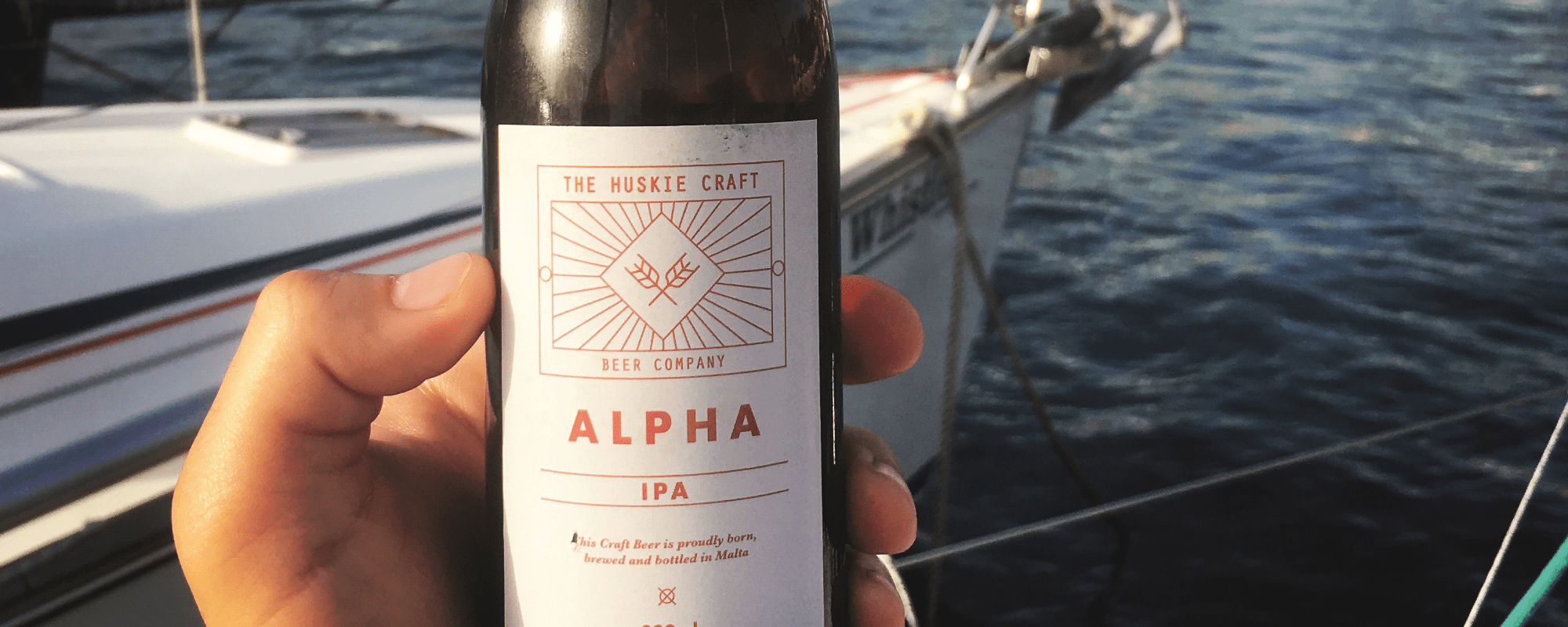





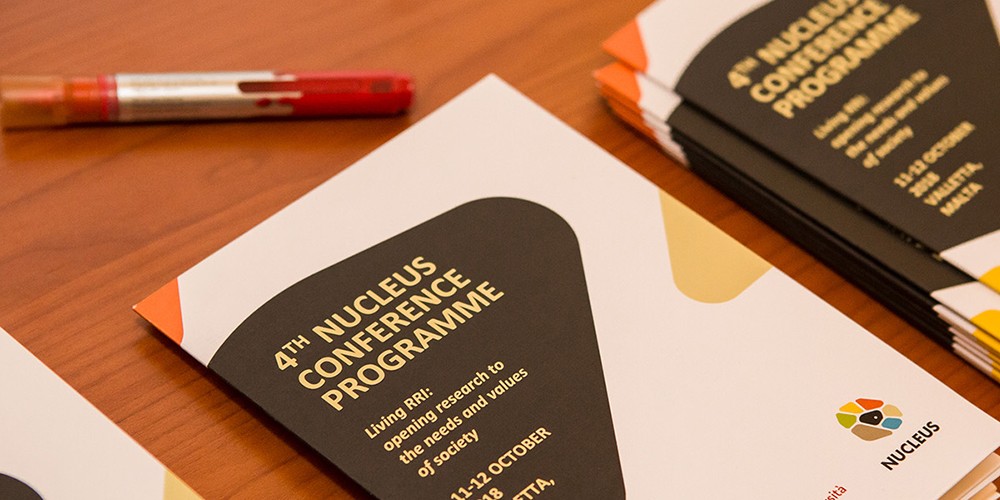
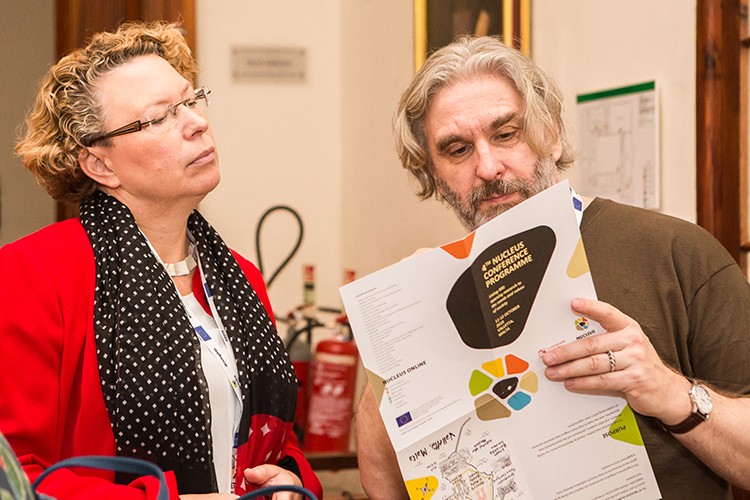
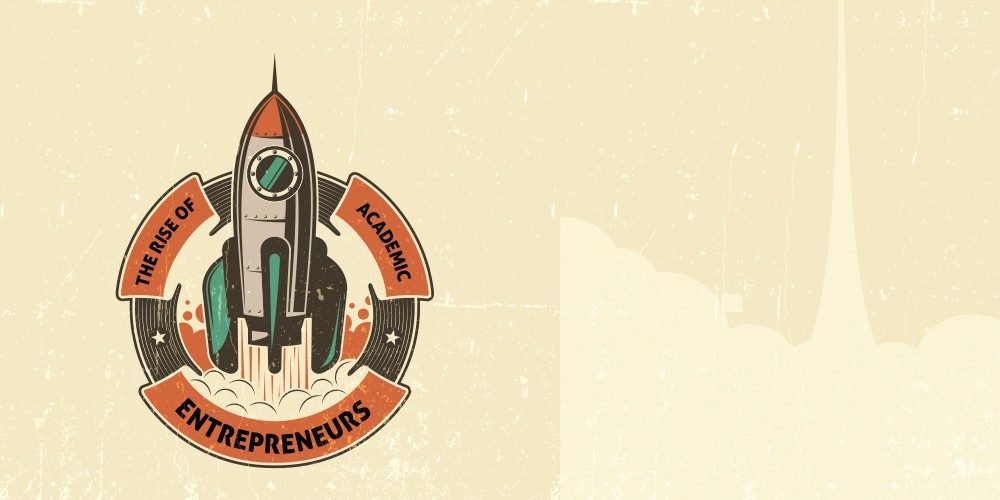
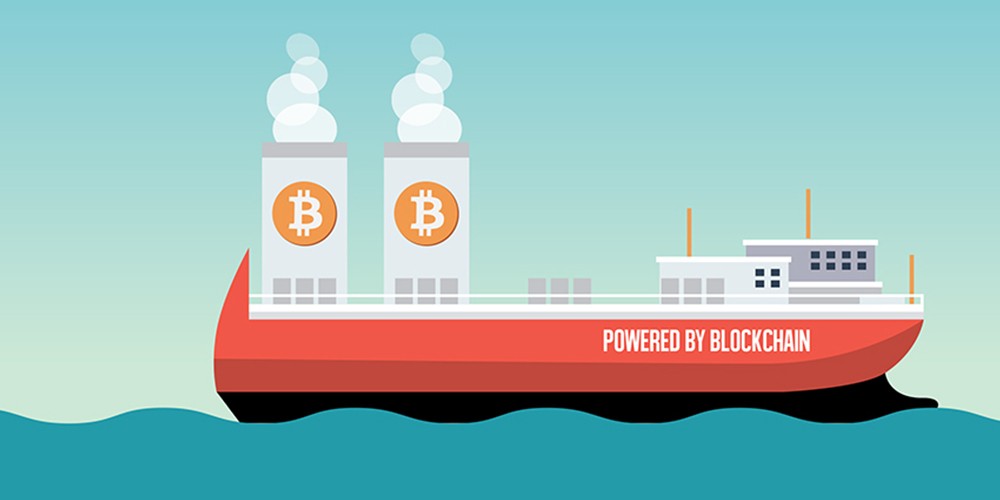
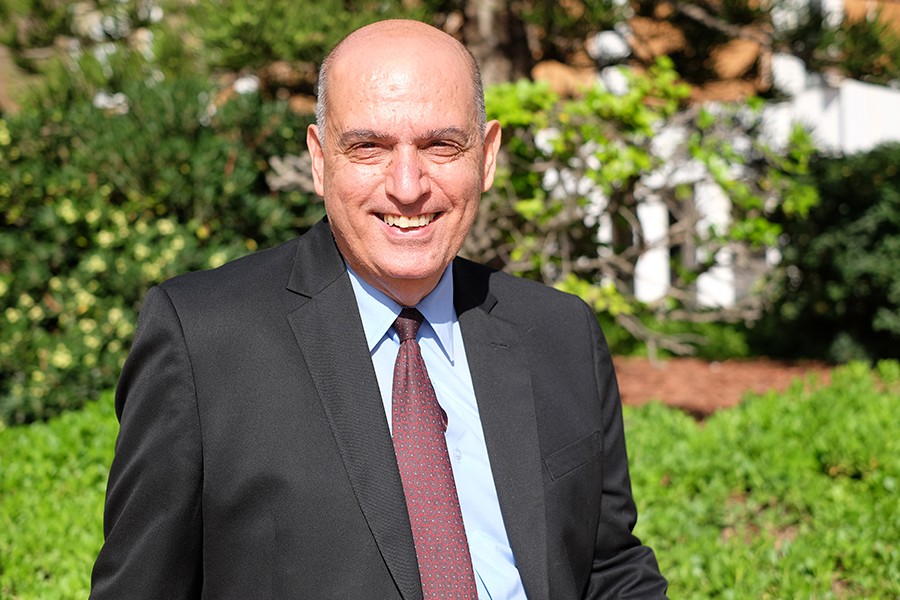


 We need to bring fresh talent into STEM by showing how exciting, accessible, and relevant the field actually is. The solution, UM Rector Prof.
We need to bring fresh talent into STEM by showing how exciting, accessible, and relevant the field actually is. The solution, UM Rector Prof. 


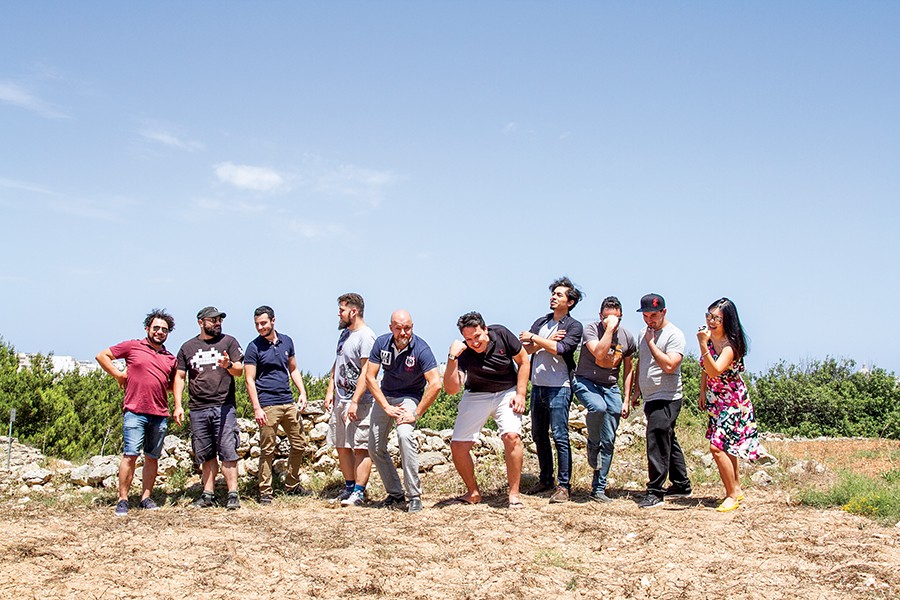

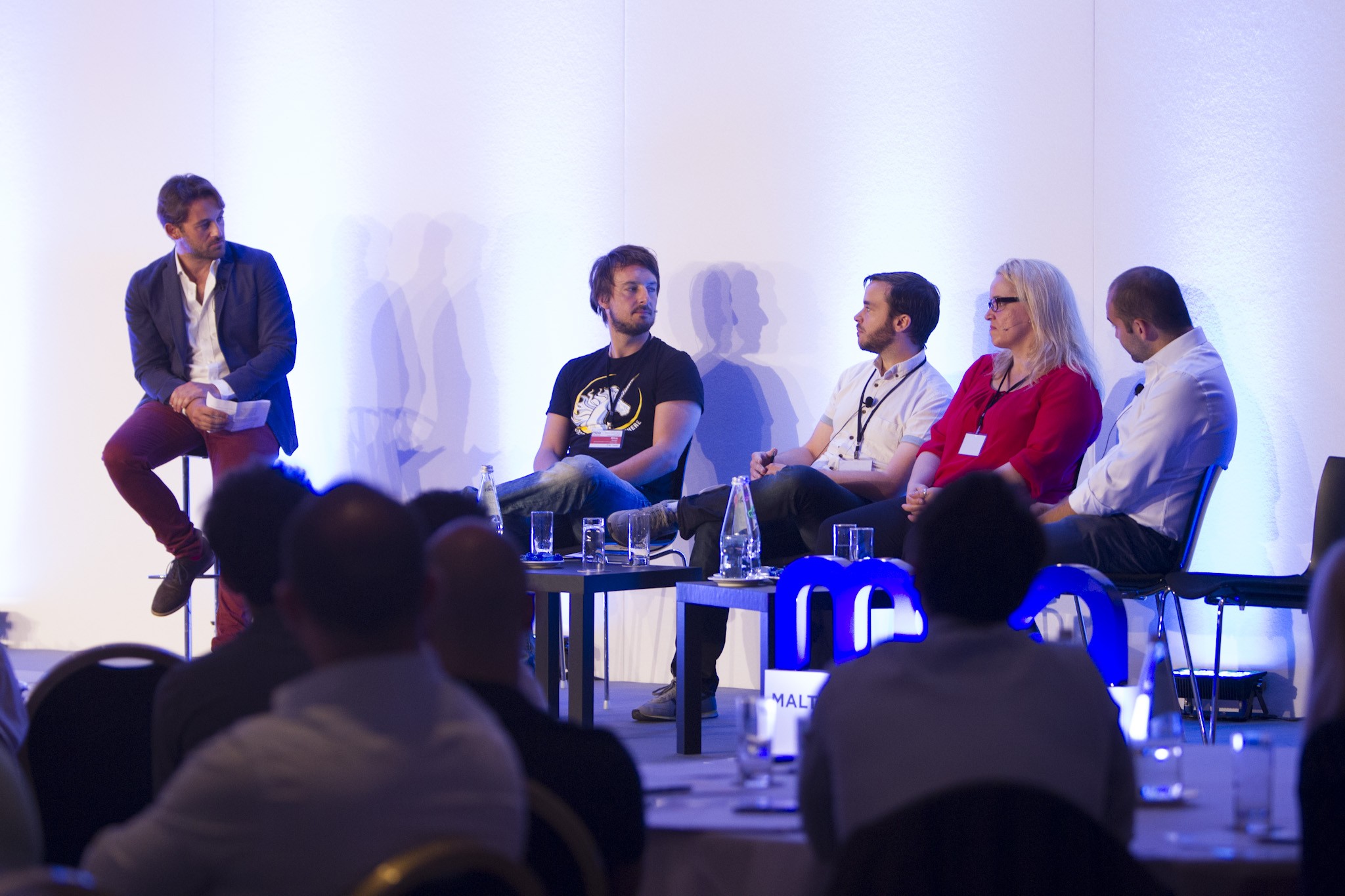
 The ZEST conference offers a unique opportunity for entrepreneurs, managers, students, and those interested in business to chat and share knowledge. The two-day event is organised by the
The ZEST conference offers a unique opportunity for entrepreneurs, managers, students, and those interested in business to chat and share knowledge. The two-day event is organised by the